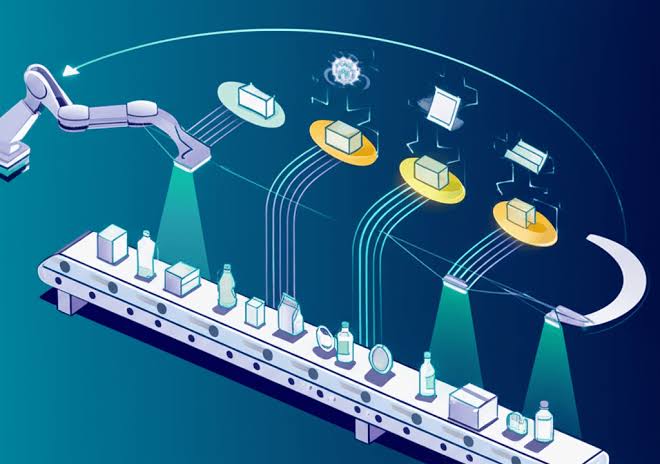greyparrot launches deepnest to track post-consumer packaging waste in real time

By Faridat Salifu
Greyparrot, a global leader in AI waste analytics, has unveiled Deepnest, the world’s first artificial intelligence platform designed to give consumer brands direct access to real-time data on how their packaging performs in the waste stream.
The platform addresses a long-standing blind spot in the packaging lifecycle: what happens to products after use, especially in recycling systems where infrastructure gaps and limited data have left companies guessing.
By delivering brand-specific insights on sorting, recycling, and material loss rates, Deepnest enables companies to make evidence-based decisions that can improve recyclability, reduce regulatory risk, and strengthen circular supply chains.
The platform is powered by Greyparrot Analyzer—AI-enabled camera systems already deployed in material recovery facilities (MRFs) across more than 20 countries, analyzing over 40 billion waste items annually.
The underlying database is the largest of its kind for post-consumer household packaging waste, detecting an estimated $1 billion worth of recyclable materials per year.
Greyparrot estimates that if deployed globally, its AI systems could help identify up to $100 billion worth of recyclable packaging materials in waste streams by 2040.
Using Deepnest, brands can benchmark their packaging performance against competitors, identify design flaws that hinder recyclability, and generate data-backed recommendations for improvement based on real-world outcomes.
The platform allows users to track packaging outcomes by material, product type, brand, and region—helping them reduce dependence on guesswork or lab simulations.
Ambarish Mitra, Co-founder of Greyparrot, said the new tool fills a critical gap in packaging intelligence by showing companies how their products actually perform in real recycling systems.
“For too long, brands have had to operate with little visibility into their packaging’s end-of-life,” Mitra said.
“Empowering brands with real-world data on their products’ recyclability gives them a huge competitive advantage, which is exactly what Deepnest is designed to do.”
With growing pressure from extended producer responsibility (EPR) fees, virgin plastic taxes, and public scrutiny, access to accurate waste data is becoming vital to brand strategy.
Greyparrot points to research suggesting that by 2040, such regulations could cost global businesses up to $100 billion annually.
Currently, 95% of plastic packaging is discarded after a single use, underscoring the need for interventions that extend material life and keep resources within the value chain.
Consumer goods companies spend millions on R&D and packaging innovation but often lack the field data to validate those investments at scale.
Greyparrot aims to change that by turning waste data into actionable intelligence, supporting both environmental goals and financial performance.
Multinational firms including Unilever, Amcor, and Asahi Beverages are trialing Deepnest and Greyparrot Analyzer systems as part of their efforts to redesign packaging and embed circularity.
Dr. Liz Smith, Global R&D Head of Deodorants at Unilever, said real-world AI data could critically inform packaging redesign efforts and help the company scale recyclable packaging solutions.
Sandra Gibbs, Chief Supply Chain Officer at Asahi Beverages, said her company has already installed Greyparrot Analyzers to improve the output of its PET recycling facility and is now exploring how Deepnest can guide smarter packaging choices.
Mark Roberts, Circular Economy Director at Amcor, noted that packaging firms typically rely on lab models to simulate recyclability but rarely have access to waste facility-level performance data.
“With Greyparrot’s AI-powered waste intelligence, Deepnest is unlocking real-world recyclability data that the packaging data chain has been missing,” Roberts said.
Greyparrot’s long-term ambition is for Deepnest to help brands reduce financial and environmental risk by keeping more recyclable waste within their own production loops.
